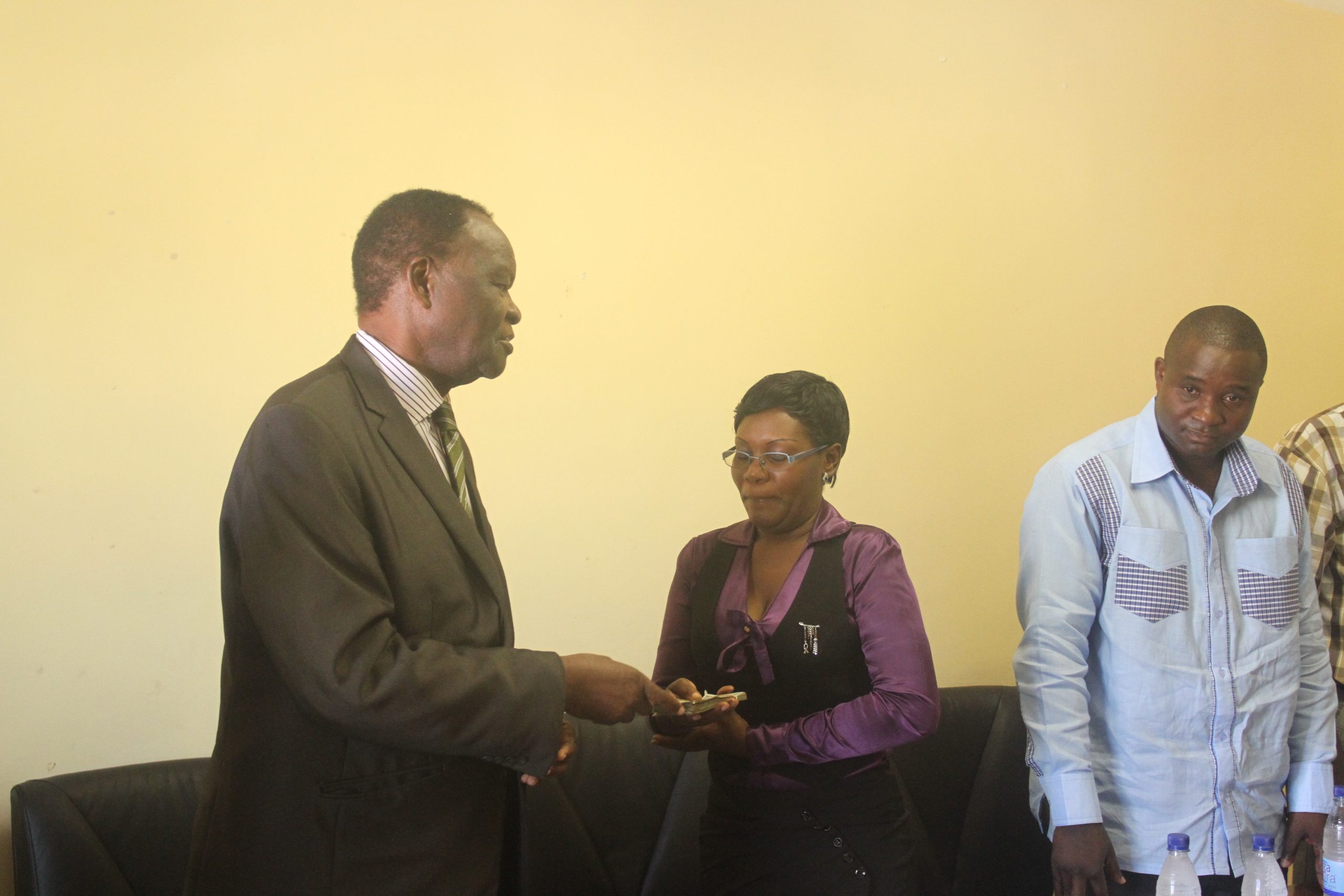
FOR Muchanyara Mataruse, the rising and setting of the sun each day is not something to be taken for granted.
BY PHYLLIS MBANJE
The pretty young lady knows the importance of every second, minute and hour because doctors have delivered devastating news to her: she only has 38 days to live normally, thereafter she may be living on borrowed time.
“I was so stunned by the news I think I actually stopped breathing for a while. Why was this happening to me? I had always lived a healthy life and tried to live it to the full,” she said recalling the dreadful moment that the doctors broke the frightful news.
It all began in 2012 when the 34-year-old mother of two from Masvingo came down with what she thought at the time was just a flu. “I would have never gone to the doctor if it wasn’t for the fact that one of my nostrils was blocked and I could not breathe properly or smell anything,” said Mataruse.
Unsure of the source of her ailment, a Masvingo doctor referred her to an Ear, Nose and Throat (ENT) specialist in Harare.
“The ENT specialist then ordered an operation after discovering that there was an abnormal lump in my nose. The operation was carried out in October the same year,” said Mataruse.
A specimen of the growth was sent for tests and the results revealed that there were traces of cancer.
- Trial of novelist Tsitsi Dangarembgwa resumes
- In Full: Eighth cabinet post briefing: 13 March 2022
- Letters to the editor: Africa under pressure to tackle youth unemployment
- Out & about: TGIF breast clinic opens in Nigeria
Keep Reading
“I was told that they needed to carry out another operation so that they could clear the area which had been occupied by the growth,” she said.
In April 2013, Mataruse went for the second operation and another sample was sent to the laboratory and just like the first one, it was cancerous.
What had appeared to be a simple case of flu was actually sinonasal cancer — a growth of cancer cells inside and around the nose.
The oncologist whom she was now consulting with told her that she needed to start on cancer treatment and suggested radiotherapy.
However, Mataruse who was feeling slightly better did not go for the recommended treatment.
“Besides the fact that I was feeling much better minus the growth, the cost was becoming too much for me and also my medical aid was not going to pay for cancer treatment since I had not reached the minimum time frame to start claiming from my contributions,” said Mataruse. Her health took a nose dive. Headaches worsened and no amount of painkillers could make her feel better.
She also started bleeding from the wound in her nose which had not healed.
“I decided to go back since my life had become a nightmare. I was sent for more MRI scans and was told the growth was coming back,” she said.
Devastated, feeling weak and tired, Mataruse was to undergo yet another operation on February 19 this year and another specimen was sent for tests. More devastating news awaited her.
The cancer had spread and what made it more daunting was its location — it was tucked high up her nose.
Mataruse was heartbroken when doctors told her that she had around 38 days remaining to get the cancer cells destroyed after which no amount of treatment could save her. She was then recommended for chemotherapy, the ultimate local intervention for cancer.
“I regretted not having tried radiotherapy. Maybe my situation would have been different but at that time, I had more important matters to consider, like the cost of the treatment sessions,” she said.
Chemotherapy would be done in three sessions and in total she would need around US$7 000, she said.
She was still four months away from being legible to access cancer treatment with her medical aid society.
“Waiting period to access cancer treatment would end in four months. I tried to negotiate with them [medical aid society] so that I could pay for the remaining months but they refused. I was stuck,” she said.
Mataruse’s chances of surviving seemed remote with each passing day.
But as fate would have it, her friends and family got together and started mobilising funds for the life-saving treatment.
Her story was flighted in the local newspaper, The Mirror in Masvingo and her plight suddenly became public.
“It was very scary being thrown into the limelight like that. I was not used to people pointing at me in the street but they were supportive of my cause,” she said.
Mataruse’s prayers were answered last week when Zimbabwe Amalgamated Housing Association (Zaha) director general, Killer Zivhu on Friday donated the US$7 000 needed for the treatment.
“I am so thankful to Zaha and everyone who has stood by me and when all this is over, I want to dedicate my life to working in making sure people like me get the support they need when it’s needed,” she said.
Mataruse will be going for her life-saving treatment soon at St Clement’s clinic in Harare and her community is right behind her.










